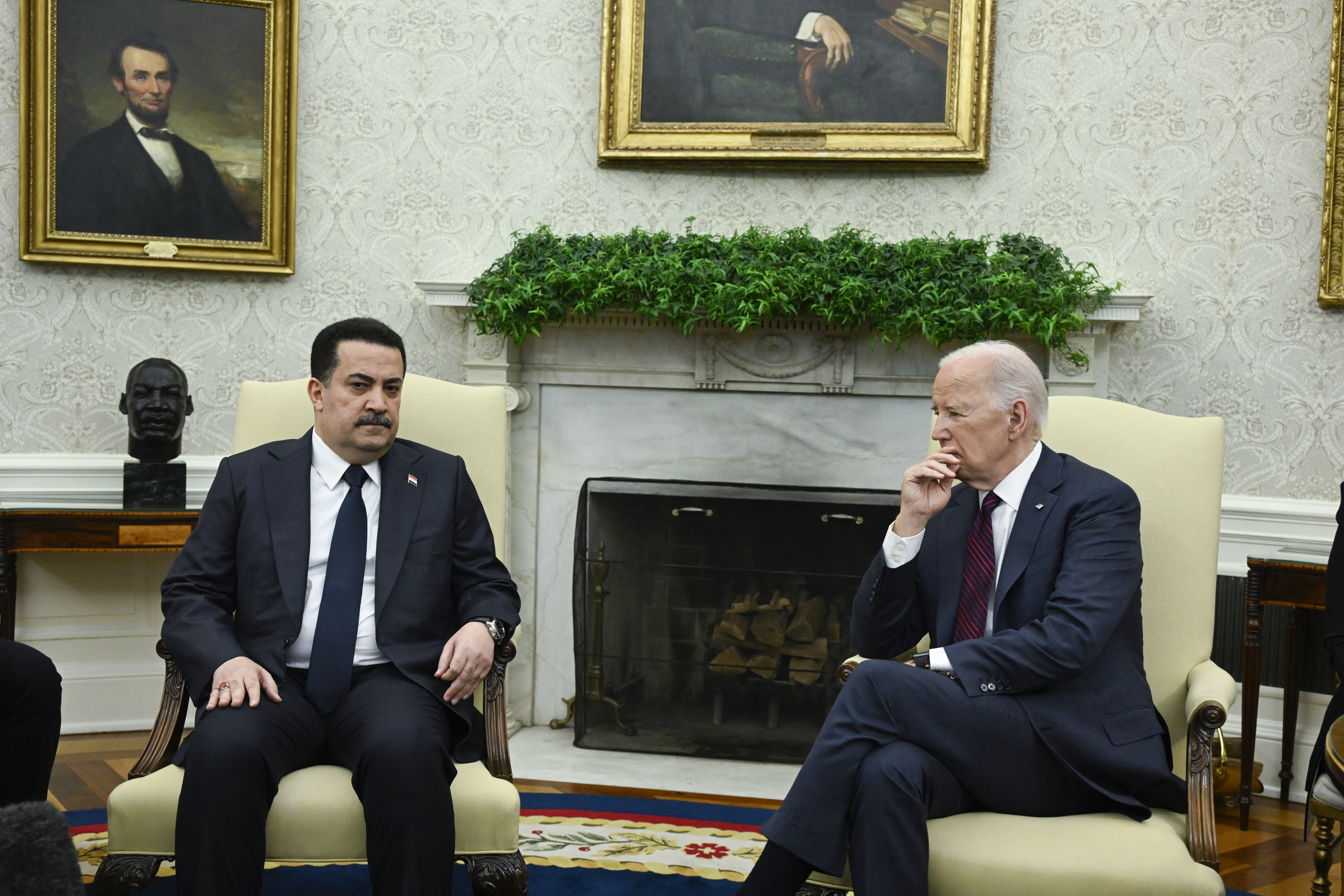Turkey: Turkey Protection Cluster: Communication with Communities (January-June 2019)
COMMUNICATION WITH COMMUNITIES
In the humanitarian context, Communication with Communities (CwC) encompasses all activities that help to meet the information and communication needs of persons affected by the crisis (OCHA on Message: CwC'). It is an essential element in refugee response and is not limited to ensuring that refugees are equipped with the information they need to access available rights and protection mechanisms, but that their meaningful participation is facilitated in decision-making processes that affect them. Tailored and targeted communication is essential to ensuring account-ability and transparency towards persons of concern as well as to maximize the effectiveness of programmatic interventions. Importantly, no single approach to communication with communities is effective; the communication and information needs of specific sub-groups within the refugee and host communities require tailored approaches according to their age, gender, needs and vulnerabilities.
Many actors across Turkey including public institutions and civil society organizations disseminate information on the rights, obligations and services available to refugees. Different channels and tools are used to this end, including outreach and information sessions, individual counseling, focus group discussions, printed materials, digital and online telecommunications tools, and partnerships with community-based organizations.
Despite these efforts, gaps remain. This is due to a number of factors, including ongoing legislative and policy-related developments, non-harmonized information dissemination (in terms of both content and modalities), everchanging programming predominantly of Civil Society Organisations, limited feedback and complaint mechanisms, and limited opportunities for refugees' meaningful participation in decision-making processes.


